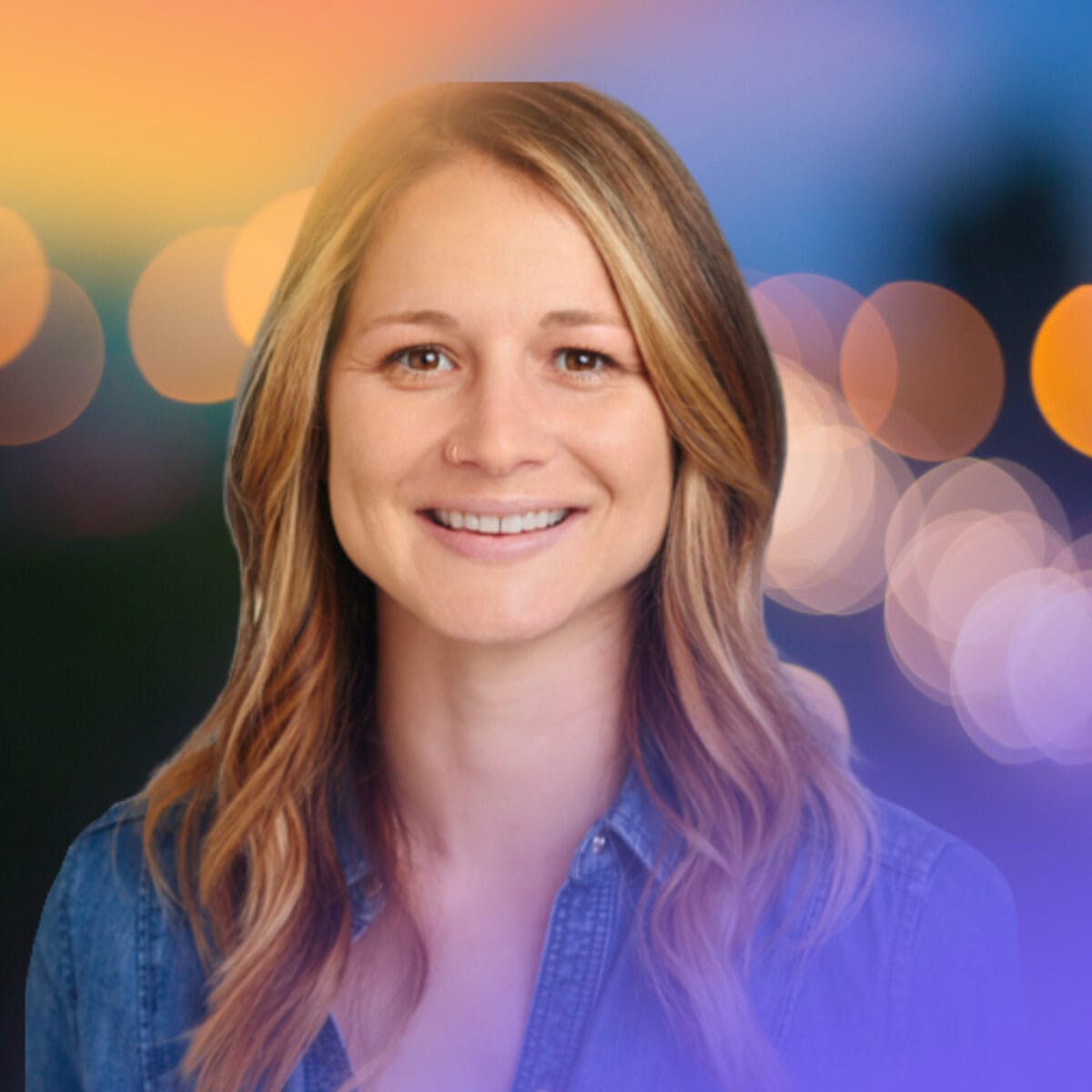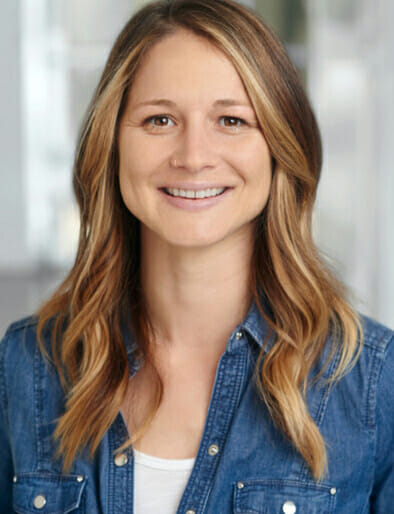
Therapy
PT478 – Holotropic Breathwork as a Stepping Stone, Complementary Therapy, and Teacher
January 16, 2024
Featuring: Christine Calvert, LCDC
In this episode, Joe interviews Christine Calvert: Licensed Chemical Dependency Counselor and certified Holotropic Breathwork® facilitator.

In this episode, Joe interviews Christine Calvert: Licensed Chemical Dependency Counselor and certified Holotropic Breathwork® facilitator.
She talks about how addiction led her to breathwork, how breathwork has helped her over the years, how breathwork can be a compliment to other self-work, and how becoming comfortable with breathwork first could be a very important stepping stone towards better understanding the psychedelic experience. She talks about how years of breathwork helped her navigate complicated states of consciousness, and the incredible benefit of learning to trust our body’s capacity to heal itself.
She discusses using bodywork in sessions and the importance of having the experiencer be the one who requests it; how much a facilitator’s past relationship with touch affects how they use touch; the risk in meditation vs. the safety of breathwork; the concept of learning self-awareness; how profound it is to be witnessed in breathwork’s dyad model; and why researching and creating guidelines for this kind of work seems impossible.
Notable Quotes
“One of the things I love so much about breathwork vs. psychedelics is that it is endogenous medicine; this is coming from within me. And as somebody who had experienced the world in [a way that] felt like I really was surrounded in a culture and a society that was incredibly disempowering – to have a model that turns you back inside yourself over and over again is a true gift and an act of radical self-empowerment.”
“Obviously in counseling we get witnessed, but there is something really profound about the witnessing in the dyad setup model of holotropic breathwork where [we’re] being witnessed by somebody, and their job is only to do that: to literally sit [and] accompany me as I go internal. And then there’s just an immense amount of support. So for these parts that really didn’t have support and are holding a lot of the trauma of omission (the things we needed that we didn’t get); it’s incredibly powerful and poignant to have this kind of relational field surrounding us through that while that material is moving through us.”
“I feel like if we could do a stepping stone program, breathwork would be the first one, because I think if we can’t access and understand what and who we are with our own endogenous medicine; as explorers and facilitators or practitioners, I think we’re missing something.”
Links
The Thirst for Wholeness: Attachment, Addiction, and the Spiritual Path, by Christina Grof


